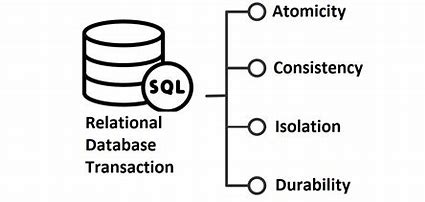link: Database
Data Integrity and Transactions
Overview

Data integrity and transactions are crucial in database management, ensuring that data remains accurate, consistent, and reliable during operations. These elements are vital for systems that demand high levels of data validity and consistency, particularly in environments where data is accessed concurrently.
Key Concepts
Data Integrity refers to the accuracy and consistency of data throughout its lifecycle. It is essential for the design, implementation, and usage of systems that store, process, or retrieve data.
Important
- Constraints: Utilizing primary keys, foreign keys, unique constraints, and check constraints helps ensure data accuracy and reliability within the database.
- Normalization: Properly organizing databases into tables and fields reduces redundancy and dependencies, thus enhancing data integrity.
- Error Handling: Effective error management is crucial to maintain data integrity during operations.
Transactions are sequences of operations treated as a cohesive unit. If one part of a transaction fails, the entire transaction is aborted, and the database remains unchanged.
Transactions adhere to ACID properties
Transclude of ACID-Properties#acid-properties
Transaction Handling:
Manage transactions using SQL Commands such as
BEGIN,COMMIT, andROLLBACKto control their execution and ensure data integrity, even when errors occur.